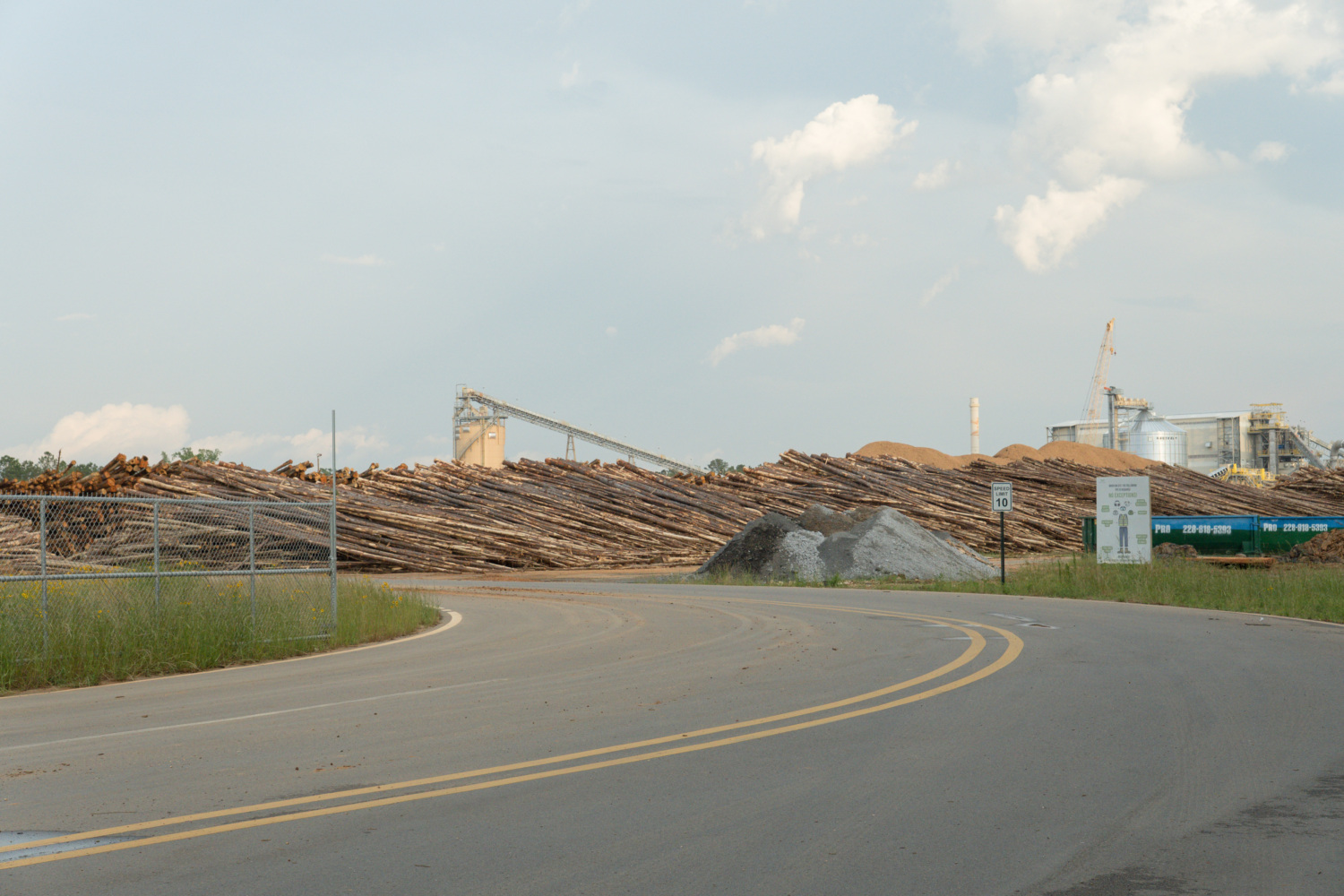
Mighty Earth Sends Strong Message to Car Companies Ahead of Crucial Rubber Industry Vote
As members prepare to vote on several key resolutions at the annual General Assembly of the Global Platform on Sustainable Natural Rubber (GPSNR) on September 23, Mighty Earth has urged car companies to reaffirm their commitments to a sustainable rubber industry. Key resolutions up for endorsement include ones that would enable the equal participation of smallholder farmers in the Platform, establish an effective grievance mechanism, and set out a strong set of policy commitments for member companies to stop deforestation and human rights abuses. Ultimately, these commitments are what will ensure that GPSNR can make the transformational change it set out to achieve.
However, following indications that not all companies within GPSNR fully understand the imperative of making such shared commitments, Mighty Earth sent the following letter to the auto manufacturers in GPSNR, including BMW, Ford, GM, Renault, and Toyota. Their support, as well as that of all GPSNR members, is crucial to creating a truly sustainable and ethical rubber industry.

September 10, 2020
Dear GPSNR OEM Member Companies,
As we enter into the voting period prior to the second General Assembly of the Global Platform on Sustainable Natural Rubber (GPSNR), Mighty Earth is deeply concerned about the future of this platform. Several critical resolutions are in the hands of the General Assembly and will determine whether or not our collective endeavor is one that truly embraces transparency, accountability, smallholder participation, and responsibility to local communities.
Over the past eighteen months, we at Mighty Earth have strived to engage consistently and productively in the discussions which led to the drafting of these resolutions, including through our active participation in the Strategy & Objectives Working Group, Smallholder Participation Working Group, Capacity Building Working Group, Policy Toolkit Working Group, and the GPSNR Executive Committee.
While we did not always get everything we want, we recognize that there were some compromises that needed to be made in order to make the big picture progress that is sorely needed in the rubber industry, which, as you are no doubt aware, still lags considerably behind sustainability efforts in other comparable tropical agriculture and forest commodities. Thus, we are supportive of all of the resolutions that are before the General Assembly, and encourage all of our colleagues in GPSNR to vote in favor of their adoption.
While we were dismayed at the belated intervention of OEM members in expressing qualms over the proposed member policy commitments, Mighty Earth, and the civil society caucus as a whole, has nonetheless spent considerable time and effort working with the OEM member companies to figure out solutions that would enable the adoption of required Policy Components which are flexible enough to meet the needs of auto manufacturers, while still ensuring that there will be collective accountability and singularity of purpose for all sectors within the rubber value chain.
Given these efforts, and the willingness shown by civil society members to make difficult compromises, we are concerned that there is still not a concrete commitment from your member category to honor the worked out agreements by voting to approve Resolution 2f, which would endorse the Policy Framework and member requirements.
As we and other CSO members have outlined, setting clear commitments and defining priorities is a critical first step for any transformational change. If we do not know what we are trying to collectively achieve, efforts to develop implementation guidance for companies will be haphazard, disjointed, and ultimately futile. From Mighty Earth’s perspective, it would not be a good use of our capacity to invest in the creation of plans to assist member companies in achieving sustainable natural rubber supply chains if we cannot be sure whether members have the willingness or ambition to adopt those plans in good faith.
While we believe that some OEMs agree with the importance of goal-setting, and have the same level of ambition to transform the rubber industry as we do, it is essential that the category as a whole demonstrate its support by approving the Policy Framework resolution. If the OEM (or any other) member category were to veto this key resolution, we would interpret this as a deliberate attempt to weaken the ambition of GPSNR. To be clear, without the adoption of shared policy requirements, we would view GPSNR as a failing endeavor, and would communicate this accordingly, citing our disappointment in the stakeholders that are responsible for blocking progress.
When GPSNR was launched, we decided to take a leap of faith and chose to engage with companies that had stated their commitment to truly transformational supply chain action. OEMs were, at the time, critical to setting the foundations of this venture on a firm footing. We believed that this platform could rise to the challenge of eradicating deforestation, human rights abuses, and smallholder poverty from rubber supply chains. We remain hopeful that we can continue in this direction, but rely on the willingness and good faith of the OEM member category to support this vision, through a vote in favor of all of the resolutions. We all agreed to a set of 12 Principles in March 2019, let us take the next step towards realizing those by adopting the Policy Components, along with the other key resolutions.


